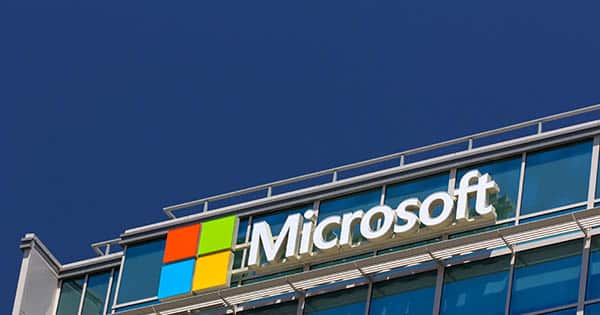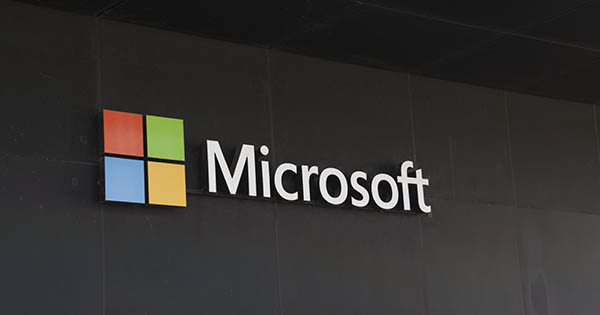
Why Digital Transformation Goes Beyond Technology
Enterprise leaders that impose technology-driven changes in the organisation instead of focusing first on the people aspect and culture that embraces change, find it more difficult to execute a successful digital transformation process. How can leaders best drive technical fundamental changes?






